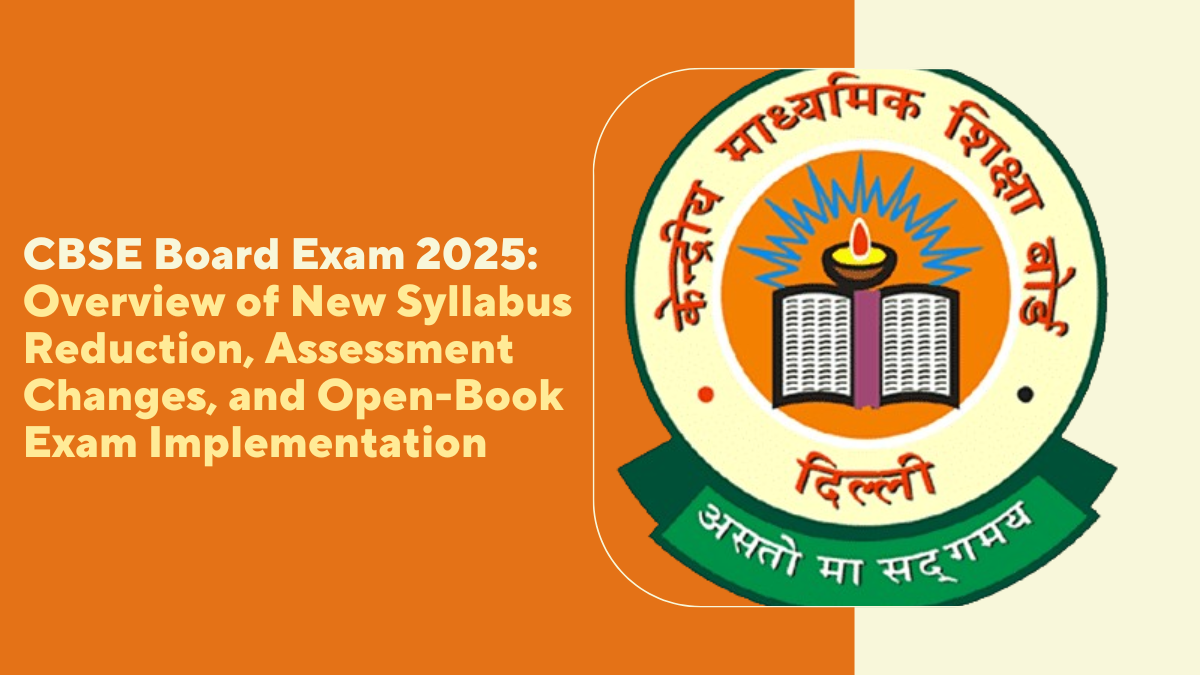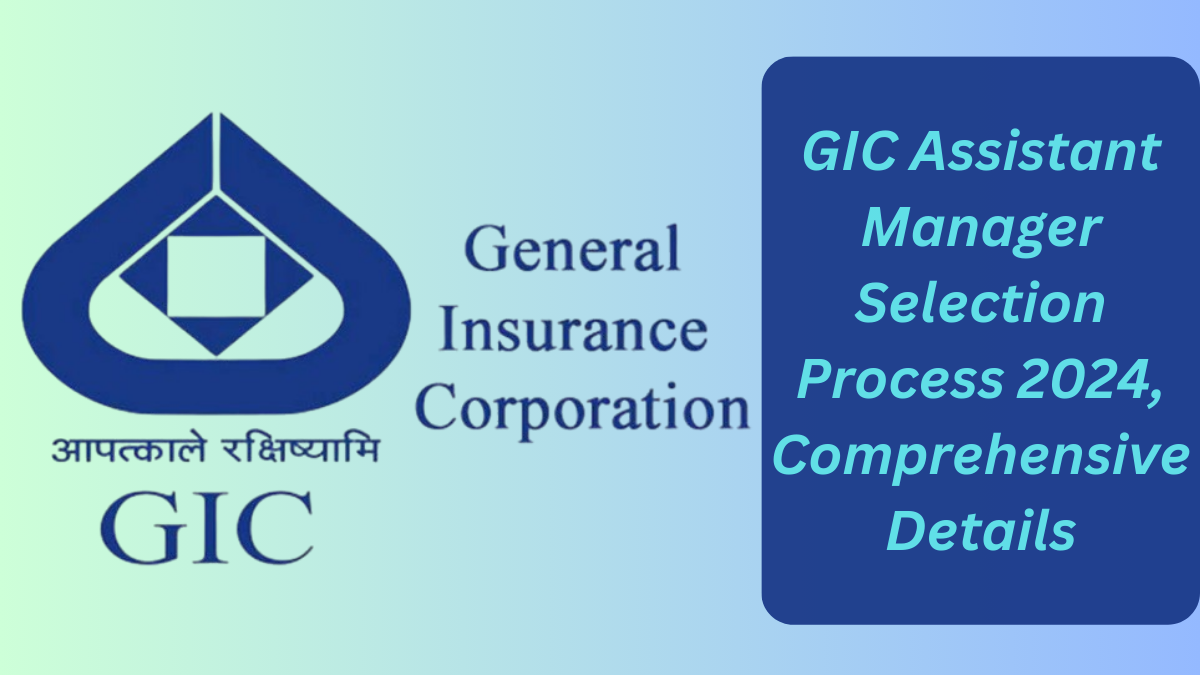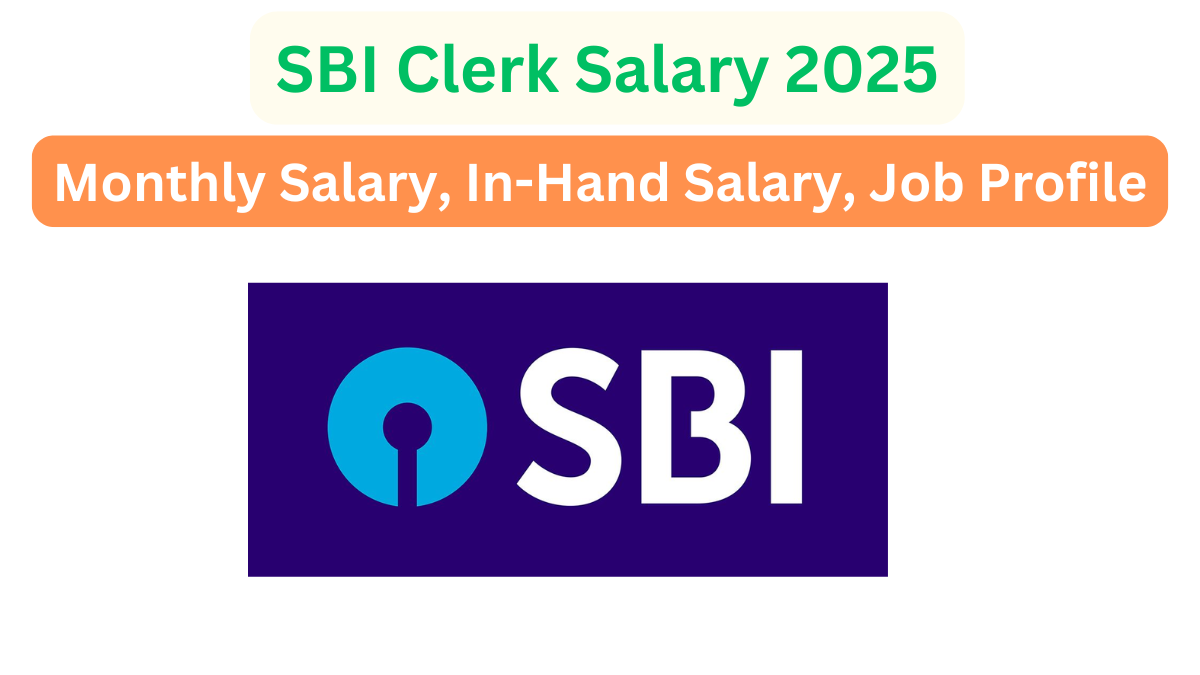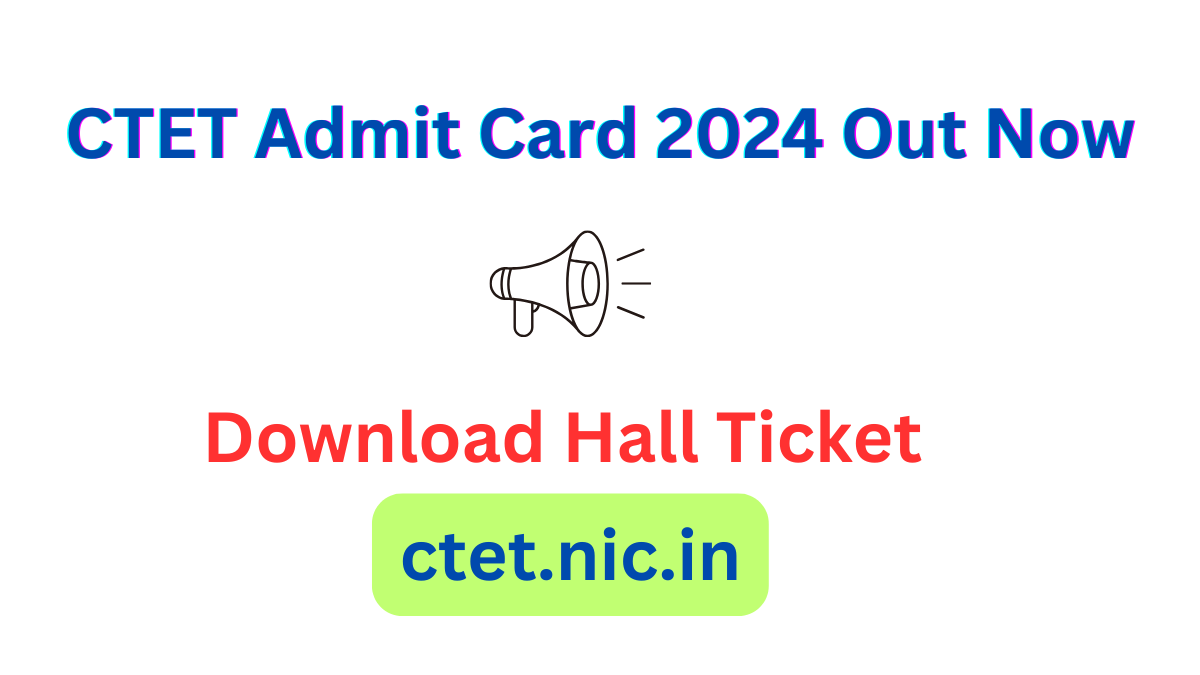In an important update for students and educators, the Central Board of Secondary Education (CBSE) has introduced several changes to the Class 10 and Class 12 board exams for 2025. Announced by Vikas Kumar Agrawal, CBSE’s Regional Officer for Bhopal, at the ‘Bridging the Gap’ summit, these modifications aim to reduce student stress and enhance the quality of education. Key changes include a reduction in syllabus, a higher weightage on internal assessments, and a move towards open-book exams for select subjects.

15% Reduction in CBSE Syllabus for 2025 Exams
In an effort to alleviate academic pressure, CBSE has decided to cut 10-15% of the syllabus for all subjects in the 2025 board exams. This reduction aligns with recent efforts to streamline the curriculum and reduce rote learning by focusing on core concepts.
Agrawal noted that the syllabus reduction is intended to allow students more time to grasp key ideas deeply. This change is part of CBSE’s broader educational strategy to encourage meaningful learning over memorization, helping students to build a stronger foundation in their subjects.
Increased Emphasis on Internal Assessments for Comprehensive Evaluation
One of the most significant changes for the CBSE 2025 board exams is the increased weightage of internal assessments. For both Class 10 and Class 12, internal assessments will now contribute 40% to the final grade, with the remaining 60% coming from the final board exams.
The purpose of this shift is to create a more well-rounded evaluation framework that assesses students’ progress continuously. Internal assessments will include projects, assignments, and periodic tests, allowing educators to track and evaluate student development more holistically. According to Agrawal, this structure promotes continuous learning and offers students more opportunities to demonstrate their understanding over the entire academic year.
Digital Assessment and Open-Book Exams for Select Subjects
To improve the transparency and efficiency of evaluations, CBSE will continue its digital assessment system for specific subjects. This digital approach to grading has been implemented in recent years and has streamlined the evaluation process by enabling faster, more accurate assessment of students’ work.
In addition, CBSE plans to introduce an open-book exam format for select subjects, such as English Literature and Social Science. This approach will test students’ ability to analyze and interpret information instead of relying on memorized facts. By allowing students to refer to their textbooks during the exam, CBSE aims to shift the focus toward application-based learning and critical thinking skills.
Transition to Single-Term and Future Two-Term Exam Structure
For the academic session of 2024-2025, CBSE will conduct a single-term board exam, maintaining the traditional format for Classes 10 and 12. However, starting with the 2025-2026 academic session, CBSE plans to return to a two-term exam format. This dual-term approach is intended to provide students with more consistent opportunities to display their learning progress and reduce the pressure of a single high-stakes exam.
 UPSSSC Junior Assistant Recruitment 2024: Apply Online for 2702 Posts
UPSSSC Junior Assistant Recruitment 2024: Apply Online for 2702 Posts
 Rajasthan RSMSSB Junior Engineer (JEN) Recruitment 2024: Apply for 1111 Posts Online
Rajasthan RSMSSB Junior Engineer (JEN) Recruitment 2024: Apply for 1111 Posts Online
 MPESB Group-5 Recruitment 2024: Apply Online for 881 Paramedical and Staff Nurse Posts
MPESB Group-5 Recruitment 2024: Apply Online for 881 Paramedical and Staff Nurse Posts
 Bihar Vidhan Sabha Recruitment 2024: Comprehensive Guide to ASO, ACT, Junior Clerk, and Other Posts
Bihar Vidhan Sabha Recruitment 2024: Comprehensive Guide to ASO, ACT, Junior Clerk, and Other Posts
 Bihar Vidhan Sabha Recruitment: A Detailed Guide to Reopened Applications for Multiple Posts
Bihar Vidhan Sabha Recruitment: A Detailed Guide to Reopened Applications for Multiple Posts





Agrawal confirmed that this change has been finalized, though logistical planning for the two-term system is ongoing. The introduction of two-term exams is expected to provide a more balanced assessment structure, fostering continuous academic engagement throughout the school year.
Impact of CBSE Exam Changes on Students and Educators
These reforms are designed to align the CBSE board exam structure with contemporary educational practices, focusing on comprehensive learning and application of knowledge. By placing greater emphasis on internal assessments, reducing the syllabus, and incorporating open-book and digital exams, CBSE aims to create an educational environment that prioritizes understanding over memorization.
The changes to the 2025 CBSE exams are expected to enhance students’ readiness for higher education by promoting skills like critical thinking, analytical reasoning, and continuous engagement. For educators, these updates will shift teaching strategies towards more interactive and application-focused learning methods, better equipping students to face the academic challenges of higher studies.
Preparing for the CBSE 2025 Board Exam Changes
As CBSE introduces these significant changes, students and educators must adapt their study and teaching approaches accordingly. Key preparation strategies include:
- Focus on Conceptual Understanding: With reduced syllabus content, students have an opportunity to dive deeper into essential topics, which will be crucial for excelling in both internal assessments and final exams.
- Engage in Continuous Learning: The increased internal assessment weightage means that students should consistently engage with their coursework throughout the year, rather than focusing solely on year-end exams.
- Practice Application-Based Learning: For subjects with open-book exams, students should practice interpreting and analyzing material, as this will be more important than memorization.
- Prepare for Digital Assessments: Students and educators should familiarize themselves with the digital assessment format for smoother transitions during exam evaluations.
Conclusion
The CBSE Board Exam 2025 changes reflect a shift towards a more inclusive and flexible educational assessment model. By focusing on internal assessments, syllabus reduction, and the implementation of open-book exams for select subjects, CBSE is aiming to create a supportive, less stressful academic environment. Students and teachers are encouraged to embrace these changes, which are expected to lead to a richer, more meaningful learning experience and better academic preparedness for future challenges.
Click Here To Read More






